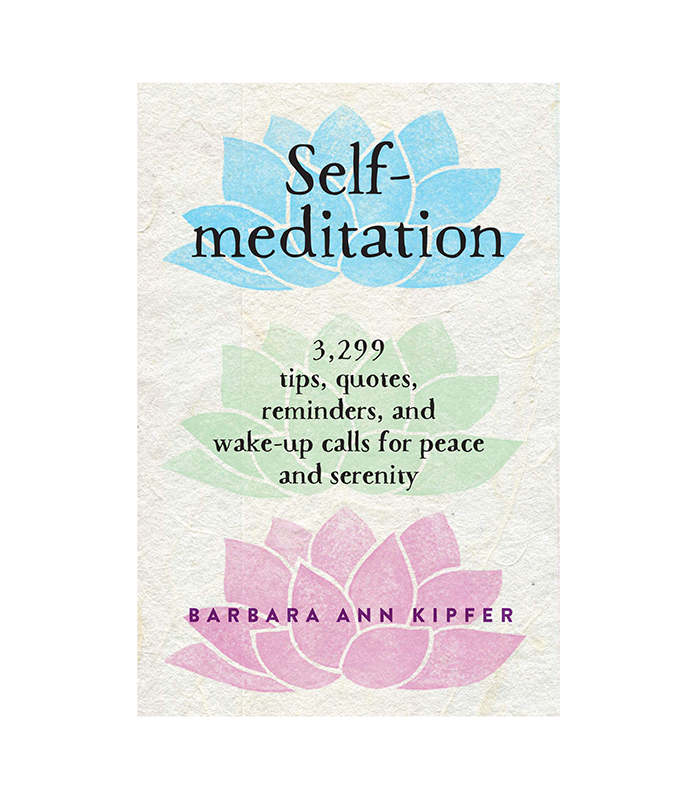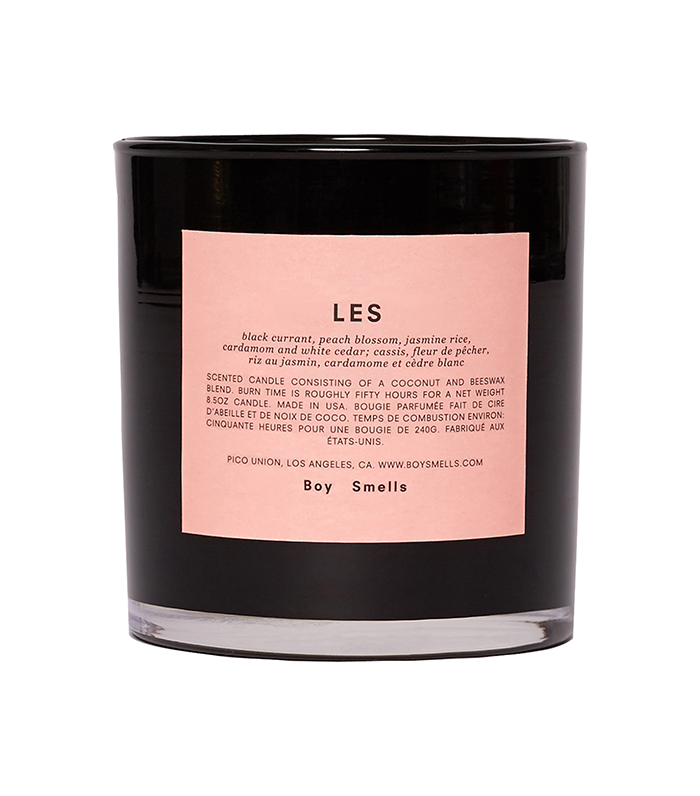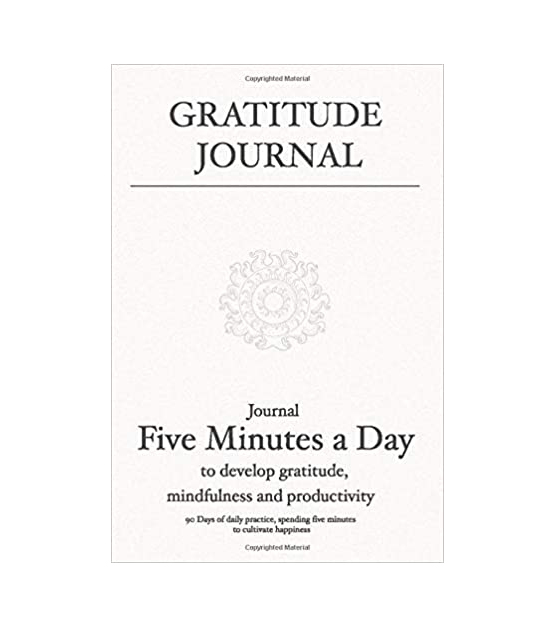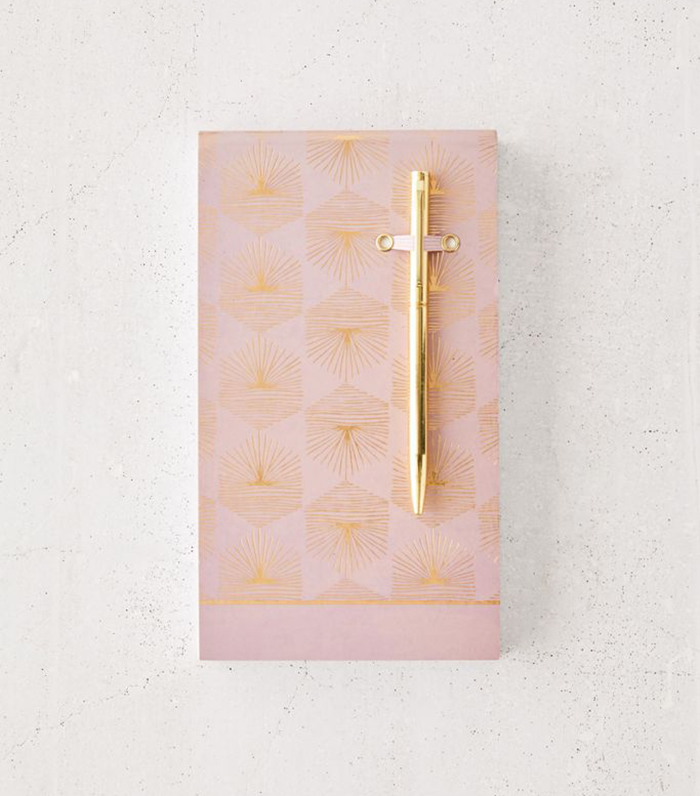The Daily Mental Health Habit That Makes a Big Difference

With busy schedules, mile-long to-do lists, appointments and meetings, and personal obligations, it's so easy to go through your days in a blur and get to the end and wonder what exactly happened. Have you ever had one of those days? You get into bed and just realize you don't really remember how/when/where you did everything because you were moving so quickly. Or you may have one of those days where you're just in avoidance mode, trying to keep yourself busy or doing things for others so you don't have to sit down with your thoughts and feelings.
I've had plenty of both of those kinds of days, and I'm guessing, if you're human, you've had a couple of them, too. I'm not trying to sound all preachy (especially since I don't always practice what I preach), but I've recently become aware of how helpful it is for me to take moments throughout the day to check in with myself. Spending more time alone at home during this pandemic has kind of forced me to confront my revolving door of various feelings and thoughts. It's been scary, freeing, difficult, and comforting at the same time. I have to admit I'm not an expert on it and sometimes forget to do it, but it's a process, right?
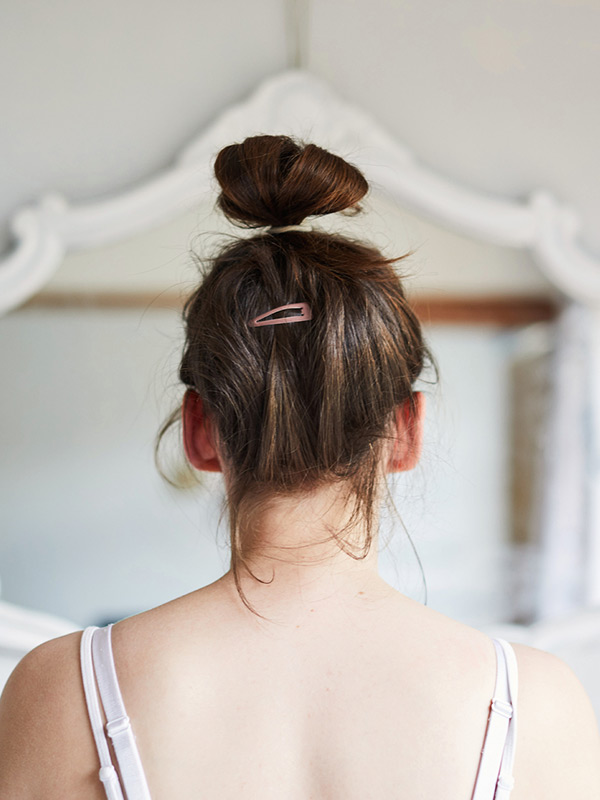
"Your mind and body are the only places you live in, despite whatever changes around you," says Jordan Madison, LCMFT, creator of Therapy Is My JAM. "Checking in with yourself and assessing your needs helps you to pour into yourself so that you can pour into others. Oftentimes, we check on those around us but neglect ourselves. It's beneficial because it can improve your mood, your energy, your relationships with others, and your productivity."
So there's that from an expert if you were wondering exactly how important this practice is. But how often should you be doing this for it to really make an impact? "As a therapist, I believe that you should check in with yourself daily. You may even need to check in with yourself more than once in a day depending on the kind of stresses that you are facing and the emotions that you're experiencing," recommends Sage Grazer, LCSW, co-founder and chief clinical officer of Frame, a new mental-health platform providing free resources and therapist-matching technology.
Of course, after hearing those initial thoughts, I had to learn more. I know there is probably no wrong way to do it, but I wanted to make sure I was doing the most to take care of my mental health, especially during emotionally vulnerable times like right now. Here's what I learned from the experts.
The Benefits of Checking In With Yourself
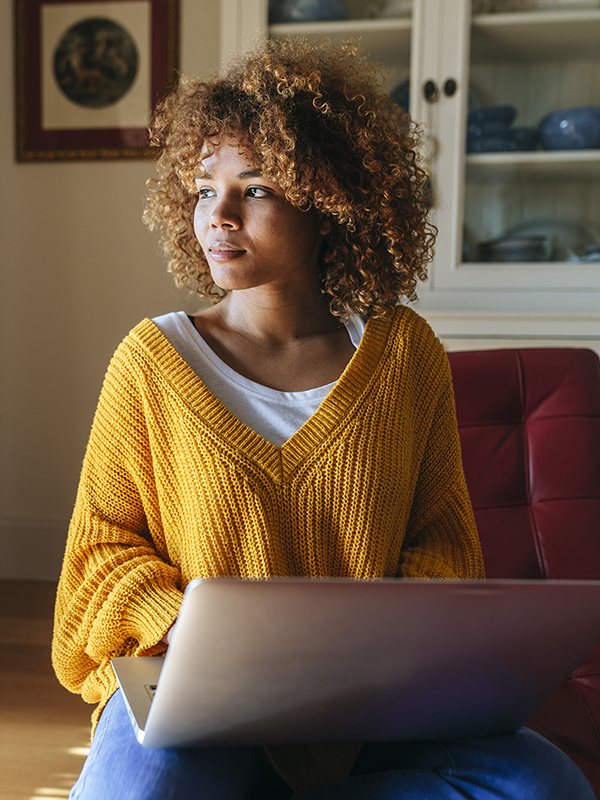
We already went through some of these benefits, but there are so many other advantages. The same way you might work out to take care of your body, you have to "work out" your mind, too. "Mental and emotional health is like physical health," explains Cynthia Catchings, LCSW-S, CFTP, CLYL, CMHIMP, LALF, Talkspace therapist. "We cannot ignore it. In the same way that we can prevent medical issues, or find out if something is affecting us physically, we can also do that to protect our heart and mind. The more we are attuned with our emotions and thoughts, the easier it is to live a happy and healthier life."
And it's especially helpful during very stressful times because it's a step toward being gentle with yourself and practicing good self-care, adds Norman Kim, Ph.D., deputy director of Ayana, an app that matches BIPOC, queer, and intersectional communities with experienced therapists. "Checking in with how your body feels, how stressed or anxious you might be, what your mood is, how well you're sleeping, all of these require mindful effort and intentionality," he explains. "Checking in with yourself matters because it's a great way to be kind to yourself, to give yourself grace, and to stay connected with yourself as well as others."
How to Check In With Yourself
The beauty of this practice is that there are so many ways to do it. You just have to find the right method that works for you. Here are some ideas to try:
Identify Triggers and Internal Cues

Grazer says identifying these things can help prompt you to take some time to yourself. "External triggers can be situational or environmental, so knowing what types of situations tend to trigger/activate your emotion gives you the opportunity to check in with yourself before you become distressed," she explains. "Internal cues are the sensations that you experience inside your own body and can give you insight into what you may be needing, emotionally or physically. For example, hunger is an internal cue that you need food, and tension in your shoulders may be an internal cue that you're needing some time to relax and take deep, releasing breaths."
Journal
Journaling has so many mental-health benefits, so it's not surprising that it's a way to check in with yourself. "It is almost as powerful as talking to a mental-health professional," Catchings says. "We can let things out, share, and read what we write as a third person. This practice allows us to process and find solutions to some problems."
Meditate
"Meditation increases our ability to concentrate, relax, and create new connections in our brains," Catchings says. "Mindfulness is also an excellent way to check in because we are looking for feelings that we have throughout the day."
Be Honest
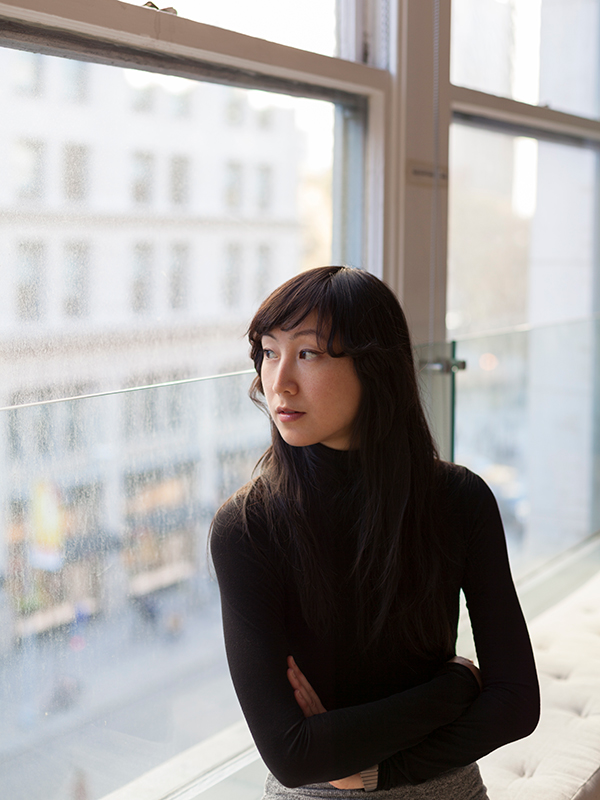
Yes, getting real with yourself can be uncomfortable, but it's necessary. "When checking in with yourself, be honest in your responses. Find ways to turn your thought/response into an action that positively impacts your life or mood," says Brittney Cobb, MSW, LCSW, founder of Be Well Mental Health Consulting Services.
Focus on Your Breath
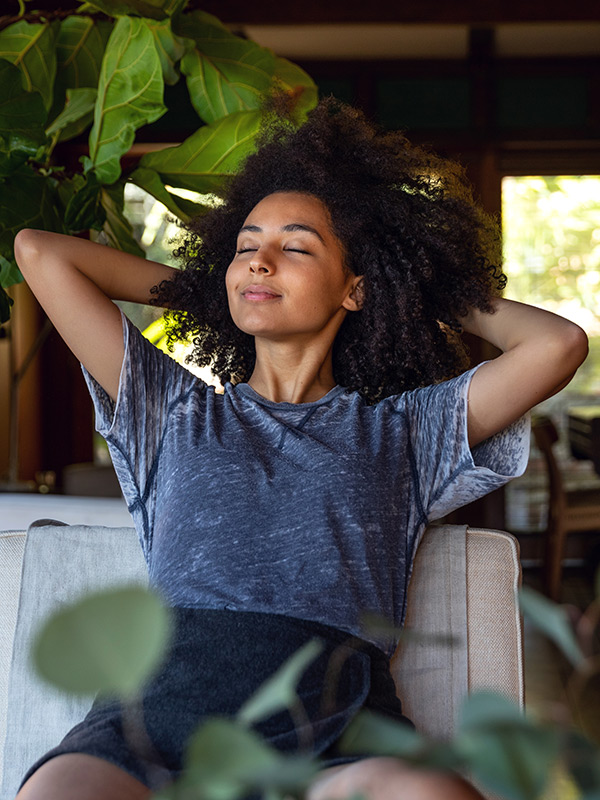
"Taking slow, deep breaths from your diaphragm (rather than just up in your chest, as we do when we're anxious) takes practice and is a great way to ground yourself in your body," Kim suggests. "It can serve as a starting point for meditation or as a practice in and of itself. Our bodies hold onto and remember our traumas, so it's important to learn how to pay attention to and listen to our bodies as well as our minds."
Use an App
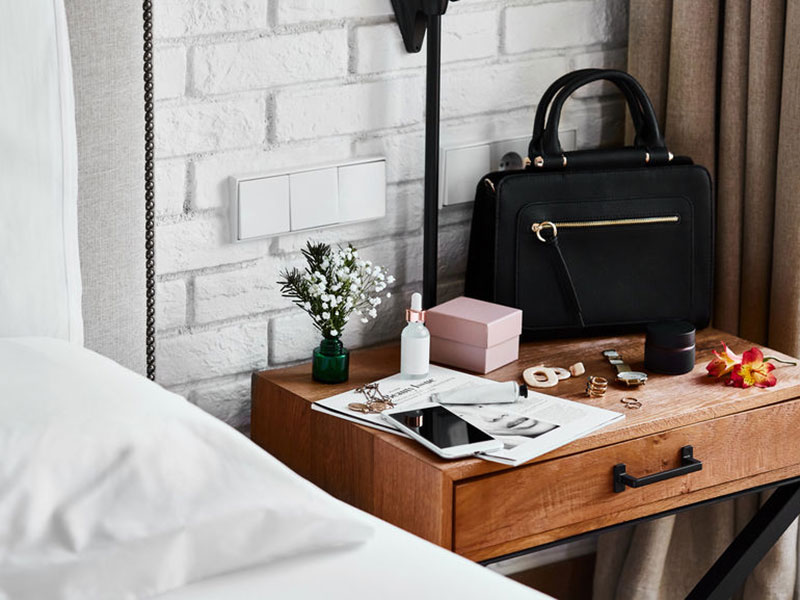
You can use technology to your advantage, suggests Nina Vasan, MD, clinical assistant professor of psychiatry at Stanford University School of Medicine and chief medical officer of Real, an on-demand therapy platform that just launched digital memberships for $28/month. "The How We Feel app is a great way to check in on yourself," she says. "It has you rate your mood around 12 common emotions and charts your responses over time. The act of noting and reflecting on our emotions is helpful by itself. In addition, it can be useful to track your patterns, such as noticing that you're calmer after exercising or hopeful in the mornings."
Make It a Ritual
"Rituals denote something as important and worth repeating, and the repetition helps us with anxiety," Kim explains. "That is why rituals are so powerful. It can be extremely helpful to develop a ritual around checking in." He suggests designating a space that's calm, quiet, and comfortable and using scents as a powerful cue for relaxation and calmness. Then, he recommends finding a poem, phrase, prayer, or mantra to focus on.
Practice Gratitude
"Each morning, think about a thing that you are thankful for," Catchings suggests. "Ask yourself how that makes you feel. Remind yourself about that feeling throughout the day, and if you notice a change in emotions, try to take yourself back to how you felt in the morning."
How to Make It Part of Your Routine
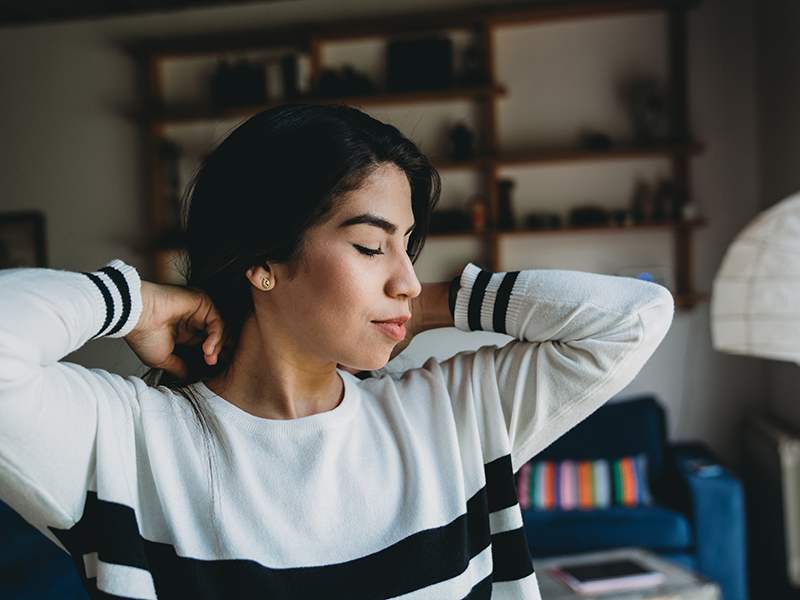
Sometimes, life is life, and you'll forget to check in. You might find yourself on a roll for a week or two and then completely neglecting it for a stretch. Try to add it to your existing routine like you would other daily habits. Here's how you can do that:
Add it to an everyday activity: Grazer recommends tacking it onto something like brushing your teeth or doing it when you're enjoying coffee in the morning.
Create a reminder: Put it in your phone or planner, Catchings suggests.
Make space for it: Cobb asks, "Can you take a 10-minute break to take a few deep breaths, or are you in the middle of lunch and able to journal for a few minutes?"
Keep a check-in journal or list nearby: Cobb recommends putting it in an area you frequent during the day, like your desk or bathroom mirror.
Enlist a buddy: "When we have someone to share or talk about, and that person holds us accountable, it can be easier to remember or do things," Catchings says.
Questions to Ask Yourself
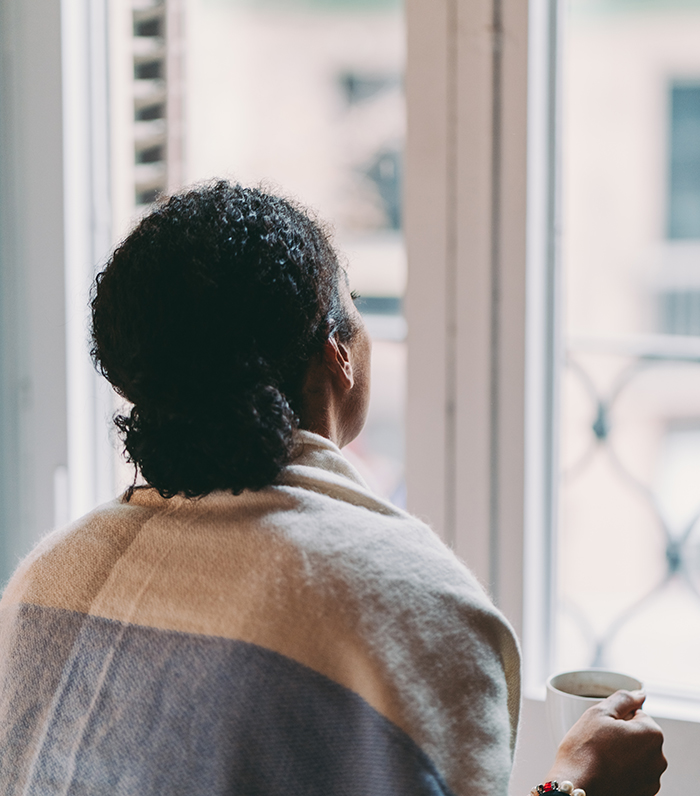
Okay, you've made it a priority to check in with yourself—now what? It can feel a bit awkward at the beginning since you're not quite sure what to think about or ask yourself in order to get to the bottom of your thoughts and feelings. You can use some of these prompts from the experts to help guide you.
Physical and Emotional Needs:
How am I feeling today?
What do I need at this moment?
What is my body needing?
What are my emotional needs right now?
What's taking up most of my headspace right now?
Do I feel physically and emotionally safe?
How do I feel about myself right now?
How can I be gentle with myself?
Self-Care:
What am I doing today to feel good?
What went well this week?
How can I improve?
How can I show myself love?
What have I done lately to feel better/happier?
When was the last time I felt happy?
Who is my support system, and how can I benefit from being supported by someone?
What can I forgive myself for?
What can I thank myself for?
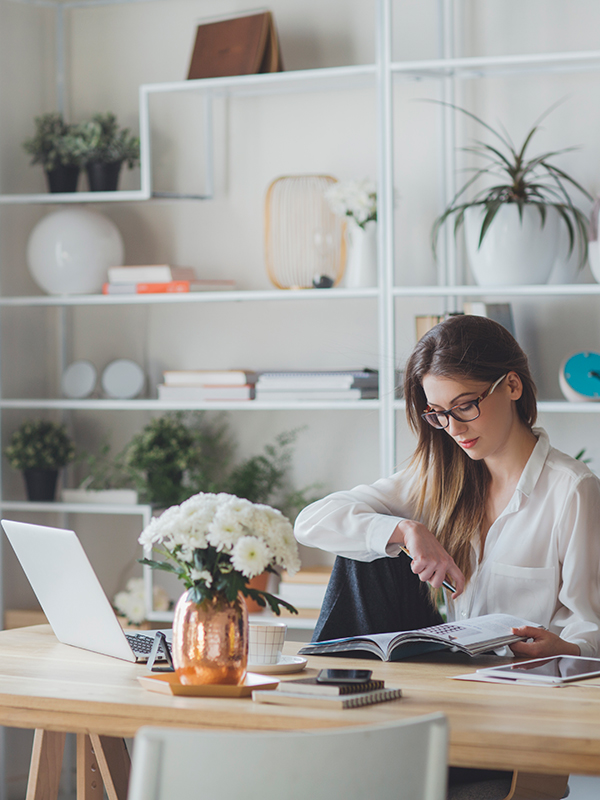
Habits/Routine:
Has anything changed in my life, affecting my eating or sleeping habits?
What/when was my last meal?
How much sleep did I get last night?
Did I move my body today?
What are my hobbies?
Identifying Problems or Issues:
What am I holding onto that is no longer serving me?
Are my actions or behaviors reflecting the values or beliefs that I hold?
Did something happen that made me feel a specific way?
What can I do to change the way I feel?
What am I tired of?
What can I do about it?
What can I let go of that's getting in the way of my health and well-being?
How would it help me if I contacted a professional who could help me feel better?
What to Be Mindful Of
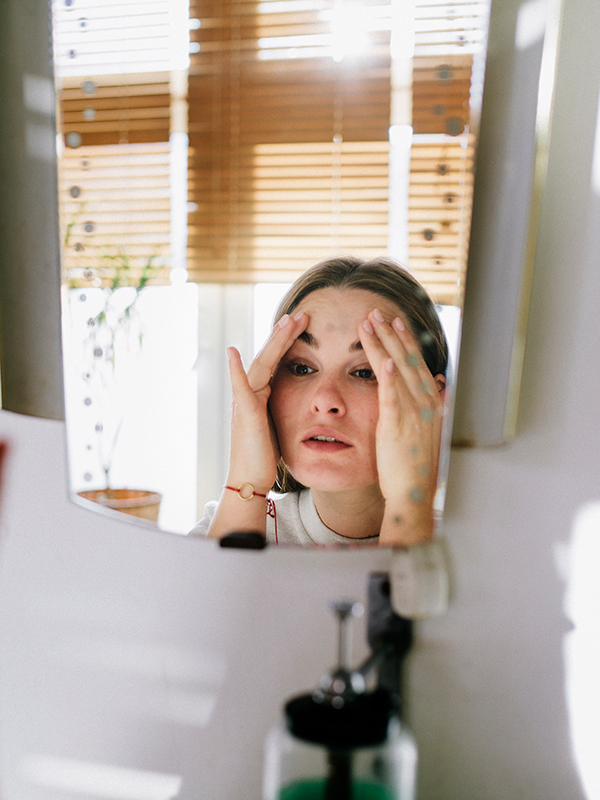
"Be aware of any feelings or emotions that come up," Madison says. "Once you are aware of the emotions, the goal isn't to change them, but observe them. What triggered these emotions? How do these emotions influence your behavior? How can I process these emotions in a healthy way?"
Cobb adds that you should pay attention to all of your emotions, especially long periods of sadness, heightened anxiety, or persistent feelings of grief. Be mindful of those uncomfortable emotions that are impacting your life in a negative way.
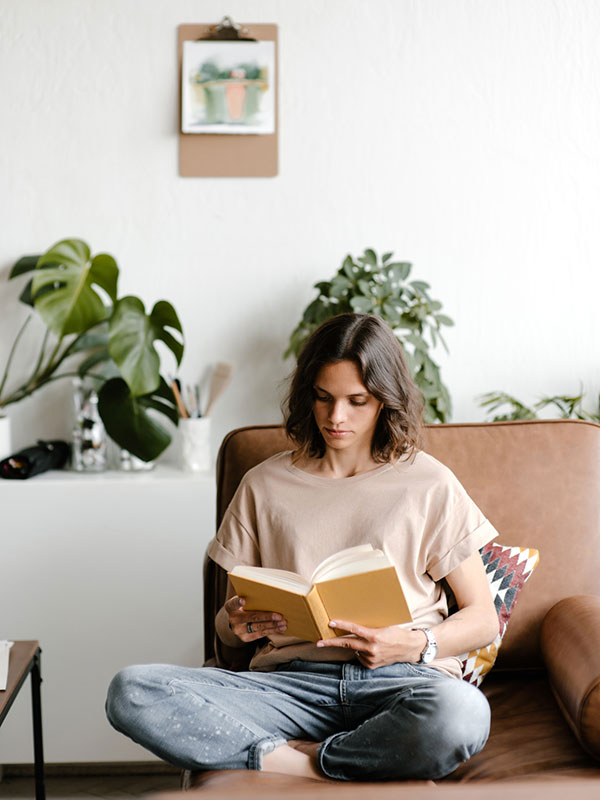
If you're noticing negative emotions, you can start to detect those difficulties or stressors, Catchings says. And other feelings can signify something else. "Numbness can be a defense mechanism, but it also tells us that we are protecting ourselves from something," she says. "Happiness may mean that everything is under control and we need to continue doing what we have been doing lately."
What to Do After Checking In
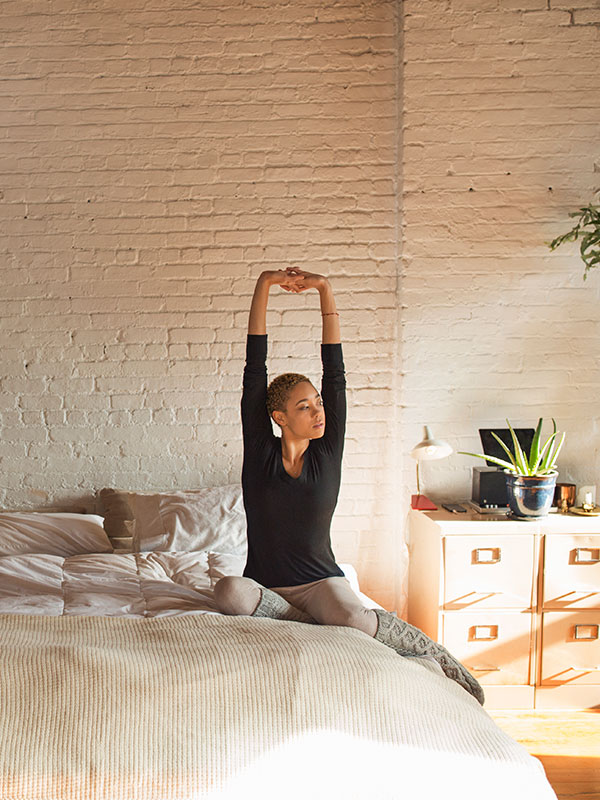
Self-care is really up to you, Madison says. "Once you check in with yourself, do whatever you feel you need in the moment," she adds. "Maybe that's journaling, yoga, going for a walk, having a good cry, taking a hot shower, or whatever else comes to mind." Catchings also suggests practicing gratitude each time after you check in and finding something to be thankful for, even if it's the smallest thing.
And, most importantly, if you feel you're unable to cope with some of these feelings or issues, don't be afraid to seek professional help. "Therapy can help us in so many different ways. It is essential to remind ourselves that asking for help is not a weakness but a strength," Catchings says.
Ultimately, just remember there's no right or wrong way to check in. Something that works for one person might not work for another. It helps to go with what makes you feel best and what you're comfortable with.
Next up: 25 Strategies for Finding Joy Even When It's Hard, According to Therapists
This article is provided for informational purposes only and is not intended to be used in the place of advice of your physician or other medical professionals. You should always consult with your doctor or healthcare provider first with any health-related questions.
Sarah is lifestyle writer and editor with over 10 years of experience covering health and wellness, interior design, food, beauty, and tech. Born and raised in Los Angeles, she attended New York University and lived in New York for 12 years before returning to L.A. in 2019. In addition to her work atBest Knockoff Luxury Clothing , she held editor roles at Apartment Therapy, Real Simple, House Beautiful, Elle Decor, and The Bump (sister site of The Knot). She has a passion for health and wellness, but she especially loves writing about mental health. Her self-care routine consists of five things: a good workout, “me” time on the regular, an intriguing book/podcast/playlist to unwind after a long day, naps, and decorating her home.

